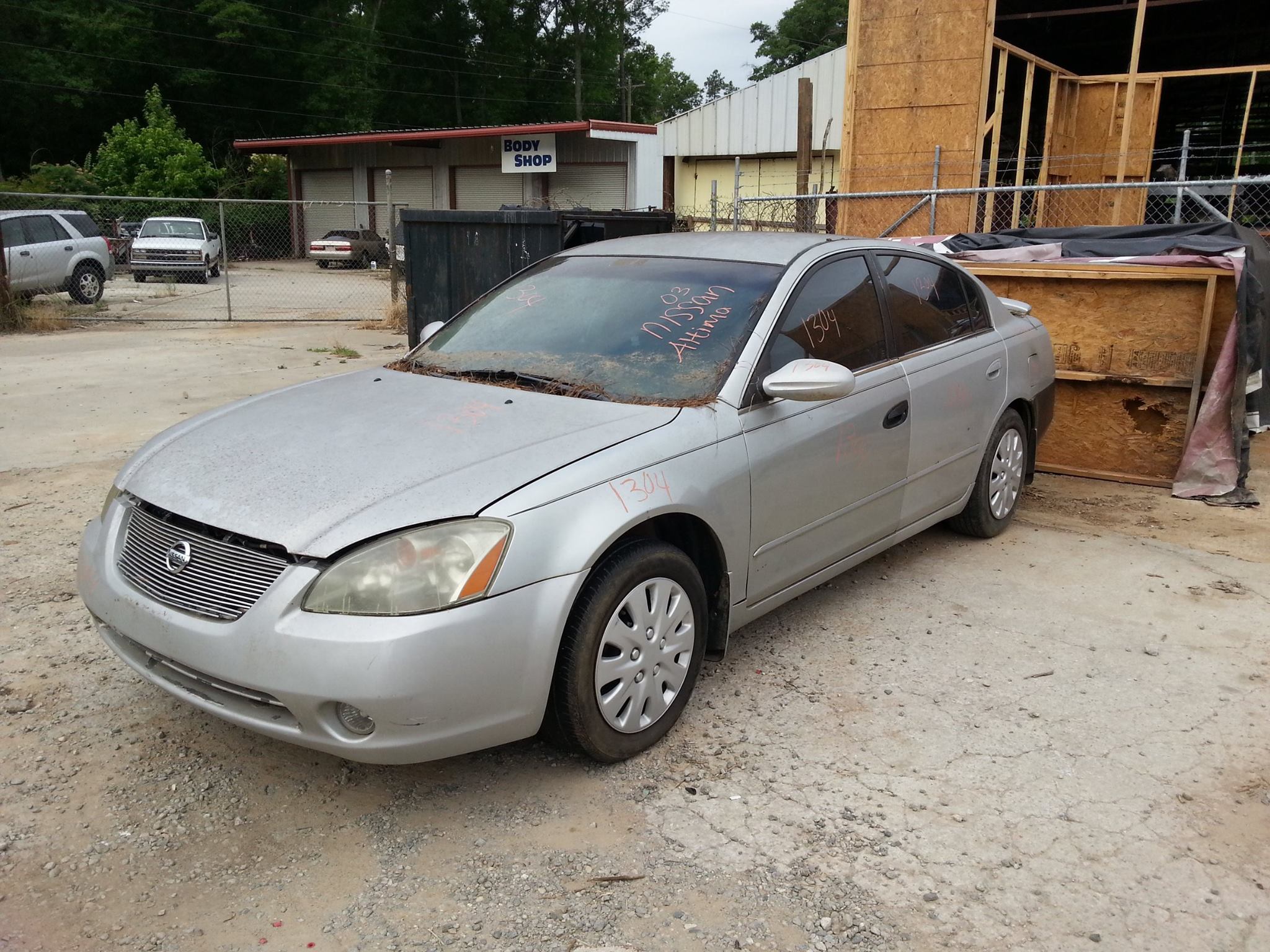Many people don’t like the term salvage simply because that means the price of a salvaged car might, in fact, drop below what it’s really worth. However, that is not always the case. Think of it as equity you are creating as you put in the work and worry of finding, troubleshooting, insuring and, likely, fixing a salvage auto. You are rewarded for your effort in the form of savings on the sticker price of a regular car. The truth is, finding cars and parts at a salvage yard can be somewhat of a teeter-totter as far as your time, money and effort are concerned. So, which way does the teeter-totter tip? Here are five tips that may help tilt the teeter-totter in favor of a purchase.
Learn the exact damage
By far, the most common reason for a car or truck to get labeled “salvage” is involvement in a crash. In some states, flood and fire damage are also listed as salvage. Flood and fire salvages are deceptive. Things that seem to be working can and do fail, and it’s hard to predict what, exactly, needs to be done to bring these flood and fire cars into reasonably reliable condition.
Know the purchase details
Some of the things you’ll want to consider when looking at a salvage car are insurance, warranty, financing, registration, claims and resale. Insuring a salvage car varies by state and by insurer, but you should expect to get, at least, liability insurance in most states from most companies. Don’t count being able to get a warranty. In fact, you can almost be sure there will be no warranty offered on a salvage auto. Asking never hurts. Some salvage dealers may offer some warranties.
Repair yourself vs. buying refurbished
There are two conditions in which you can buy a salvage auto: repaired or in need of repair. Obviously, the first is the easiest. The work is already done, and a salvage auto dealer might have done some of the inspection and licensing legwork for you. If you buy a repaired salvage auto, you might be able to drive it out of the showroom.
Get the facts
So, you’ve had the salvage auto inspected by a qualified repair shop, still, the inspection might not tell you anything about the car’s past history as a wretched lemon. In addition to going on a thorough hunt for current damage, make sure you look into the car’s past.
Pre-purchase inspection
Having a used car inspected by a reputable repair shop, without ties to the dealership, is a very good idea. Having a salvage auto inspected before you buy is absolutely indispensable. Don’t consider buying without it. In addition to offering peace of mind when buying a salvage car that’s already been reconstructed, an inspection can tell you exactly how much you’ll be putting into repairs on a car that still needs to be rebuilt. If possible, have the inspection done at the body shop you plan to use for repairs, so you’ll be on the same page.

